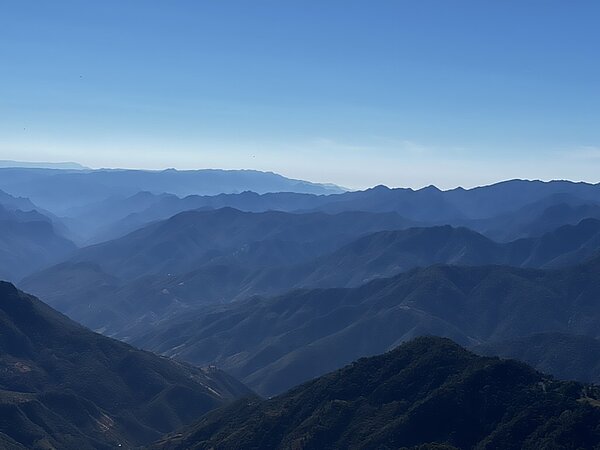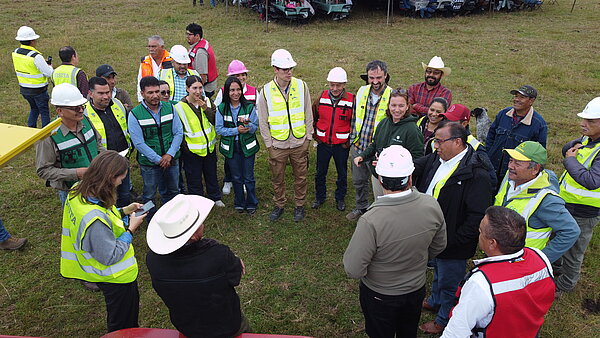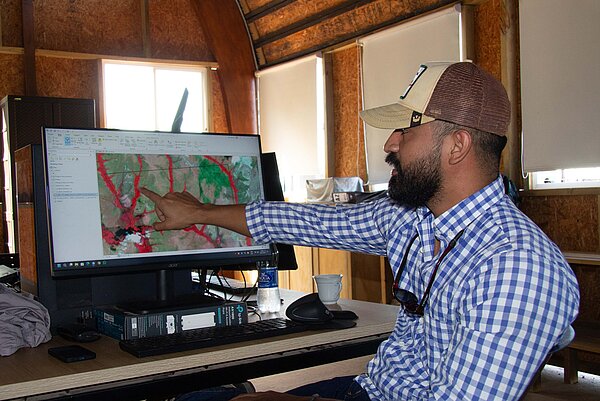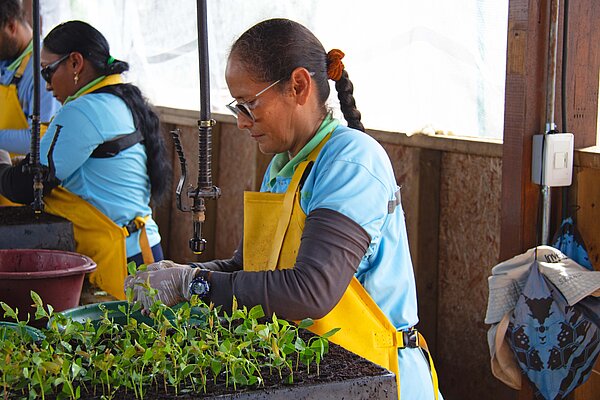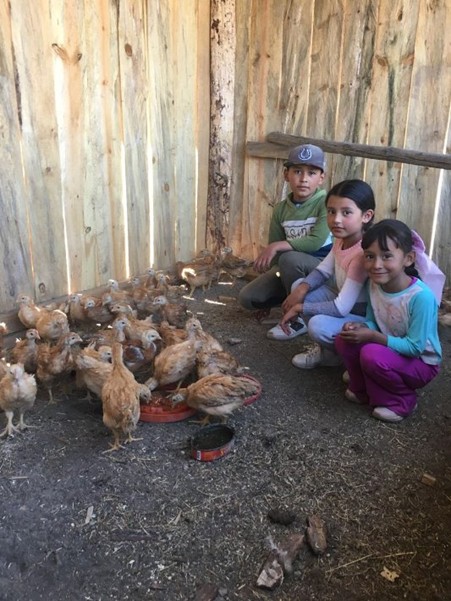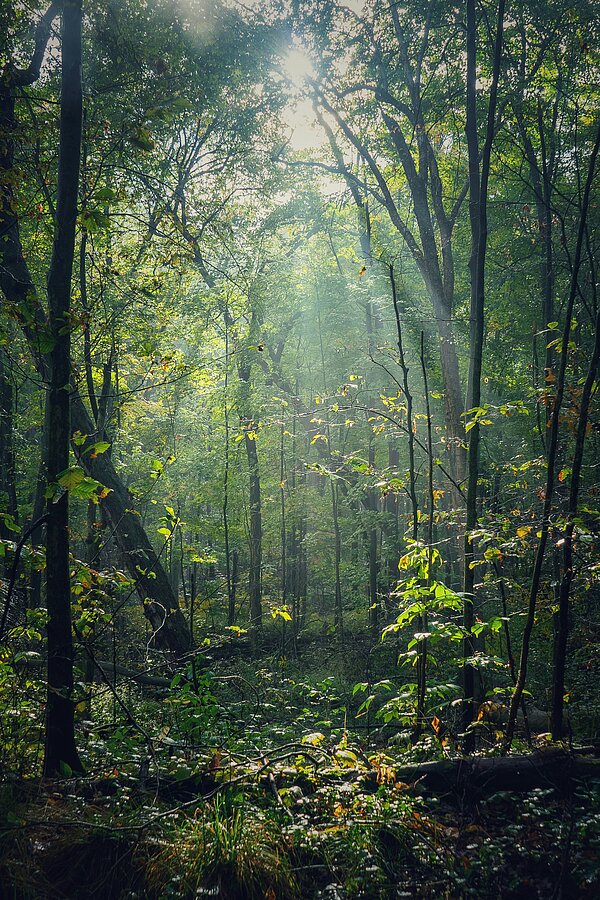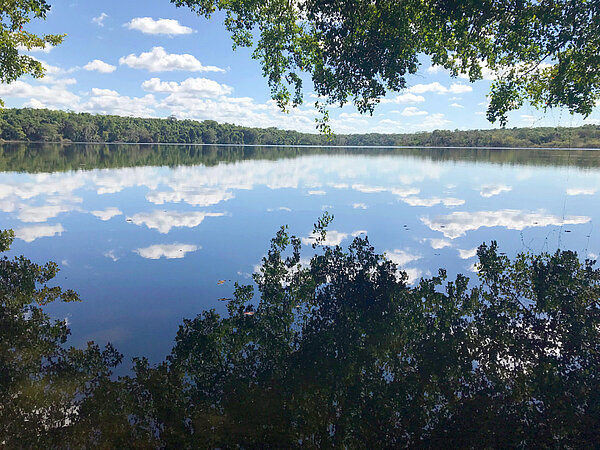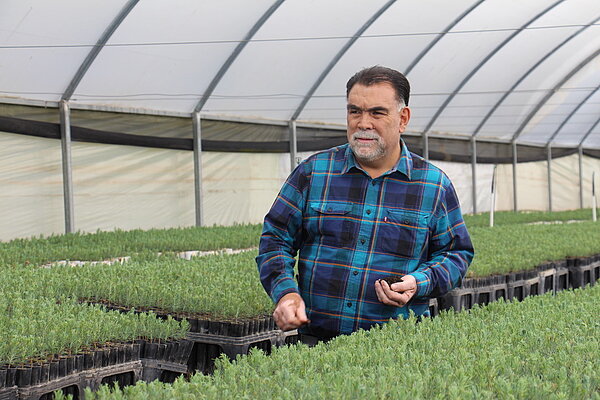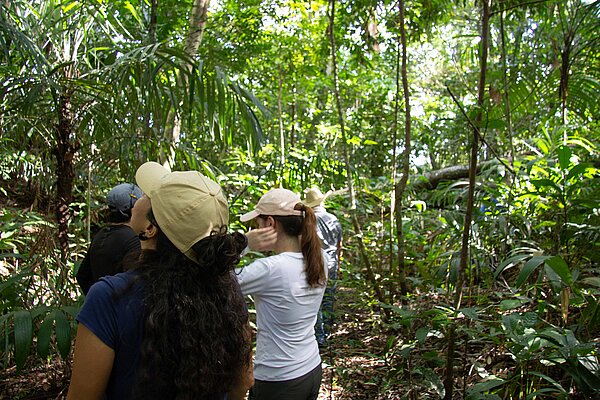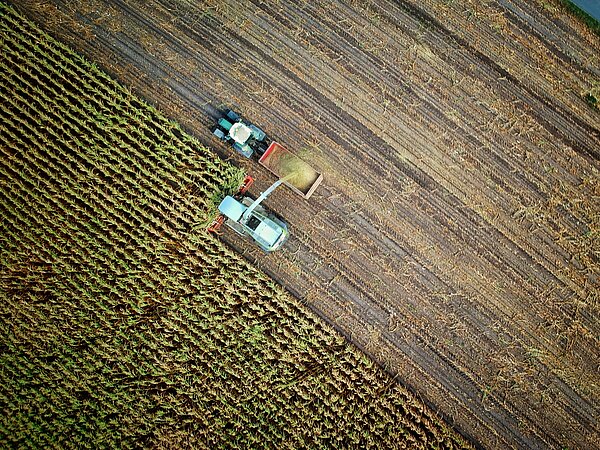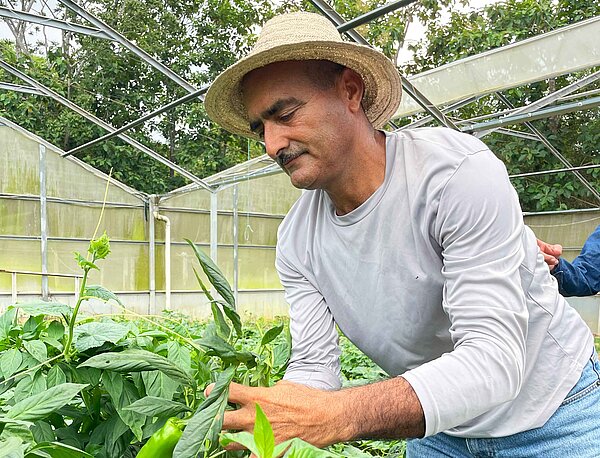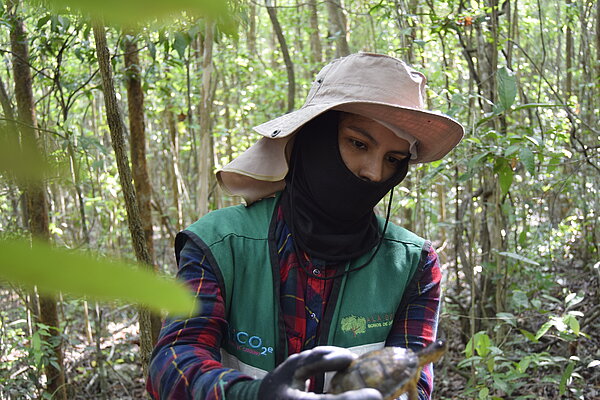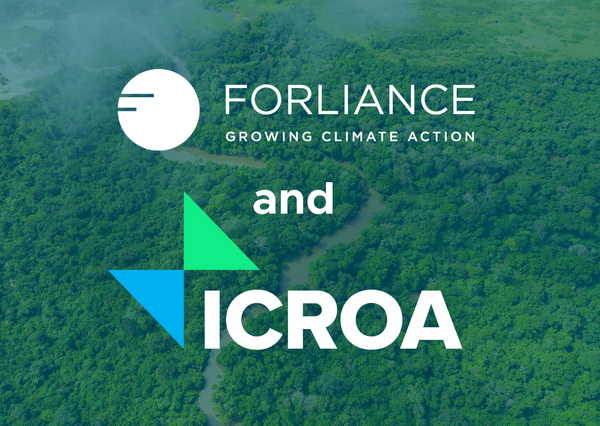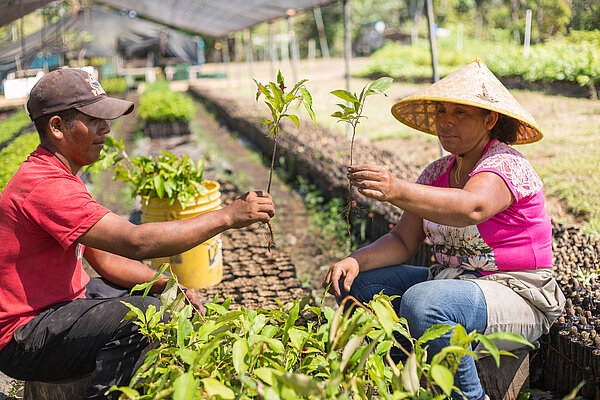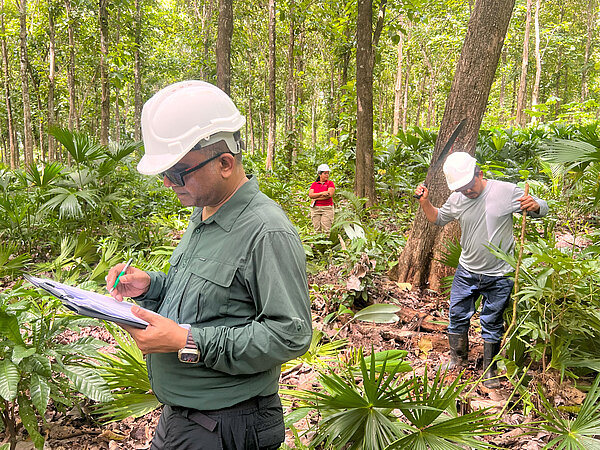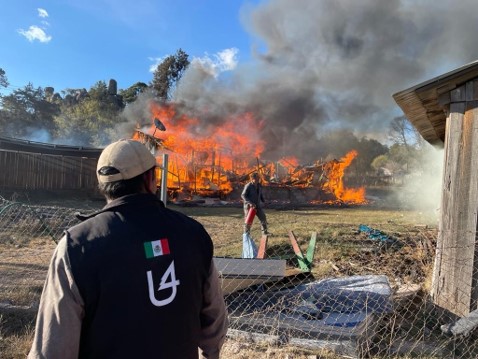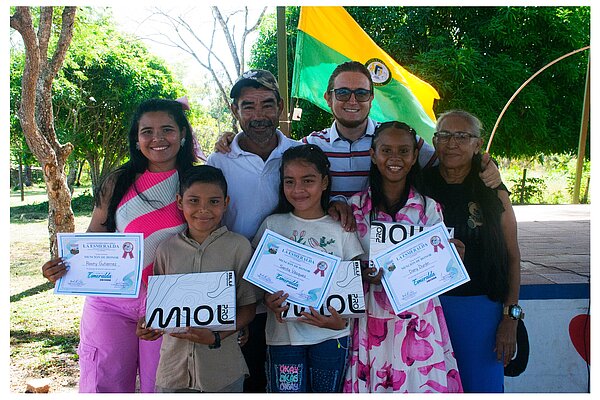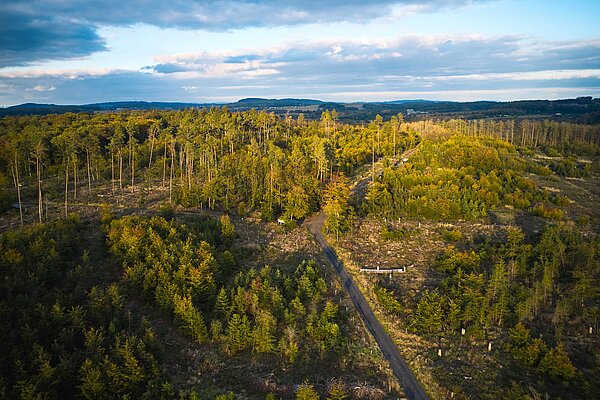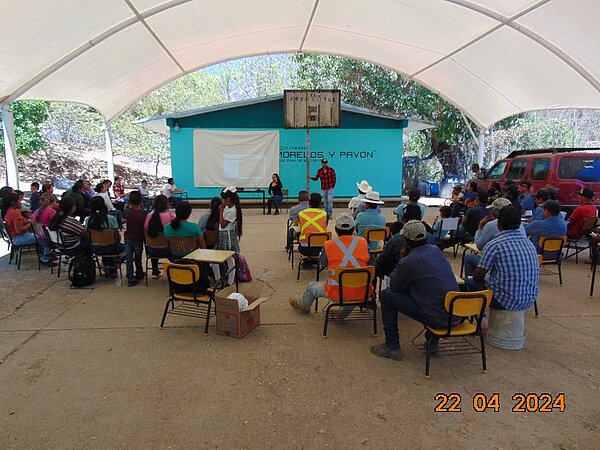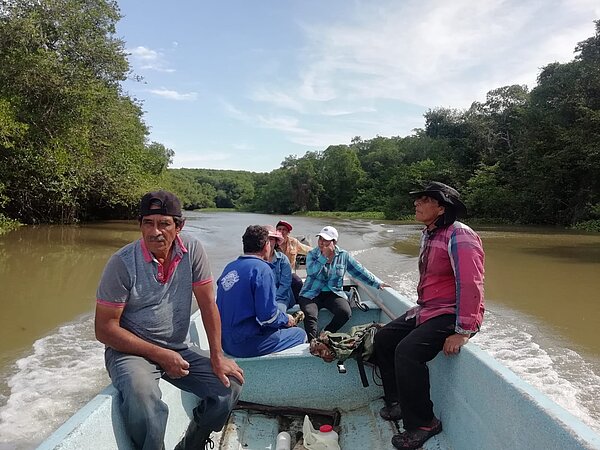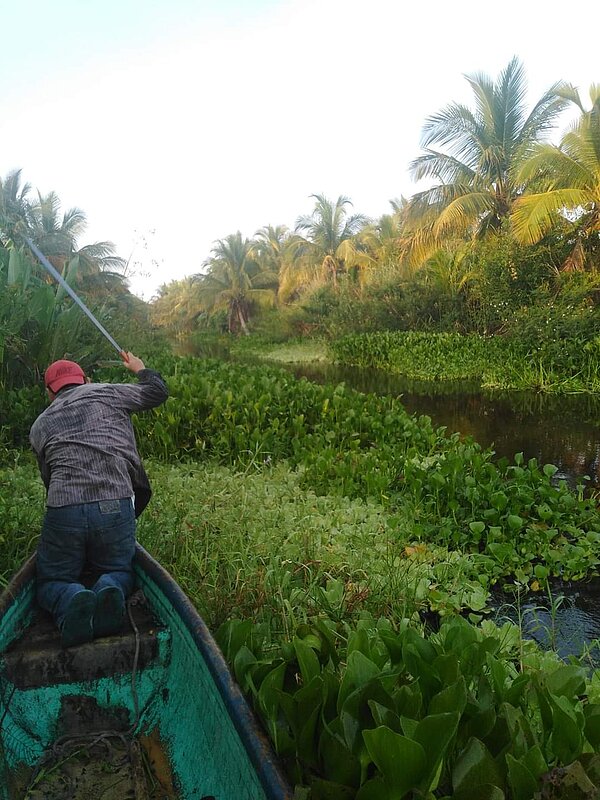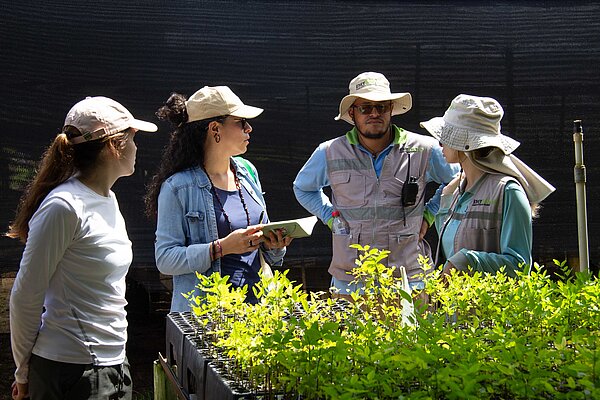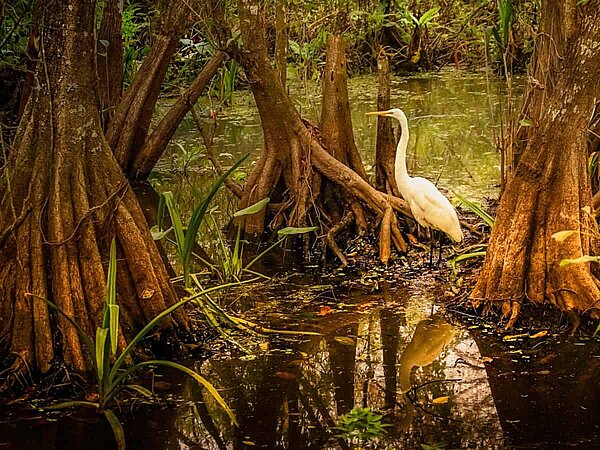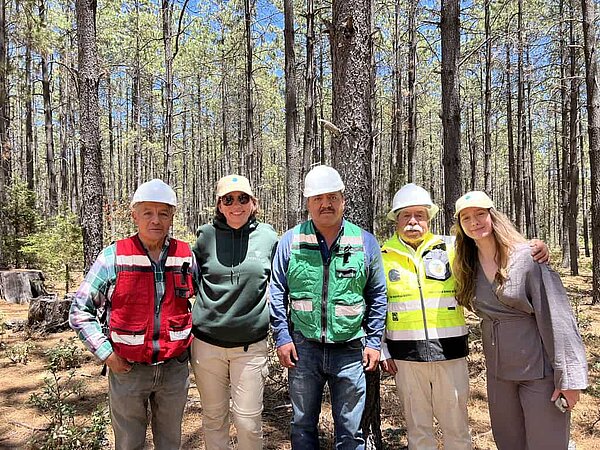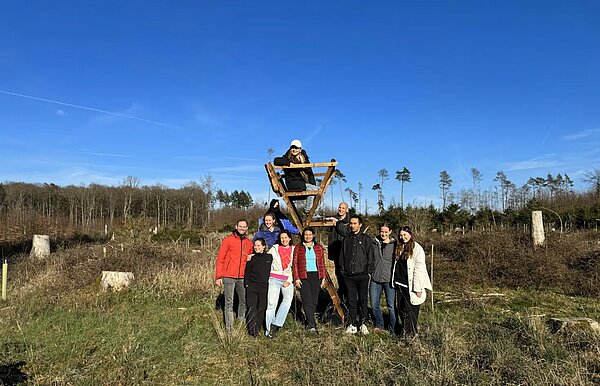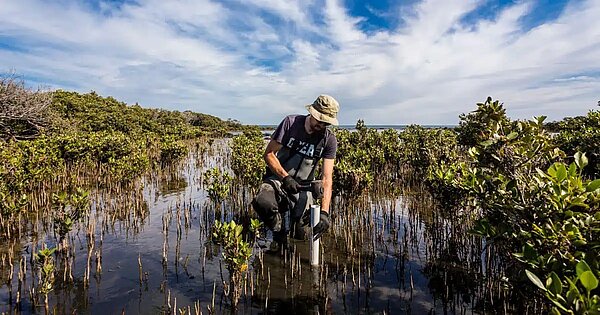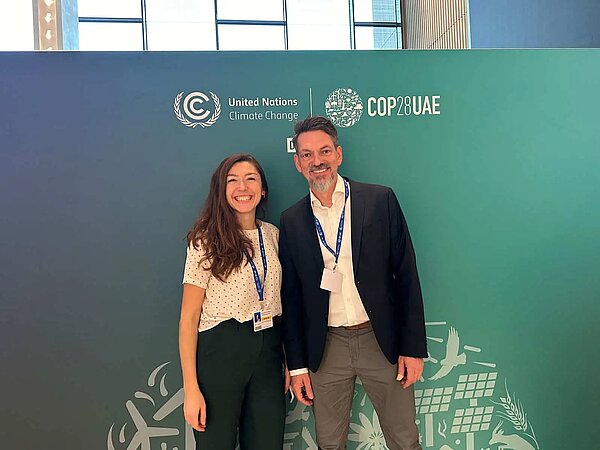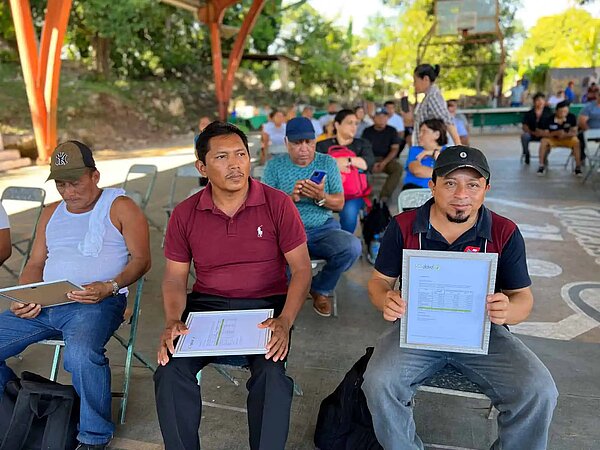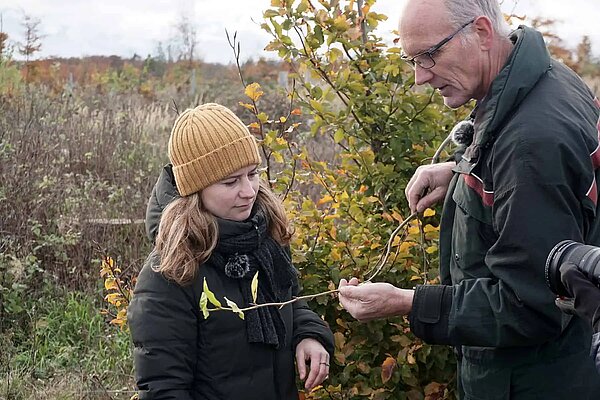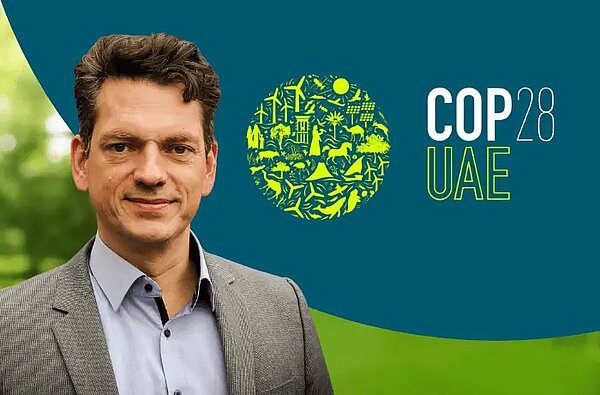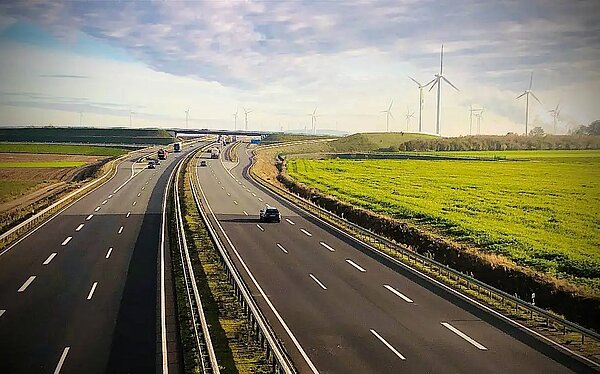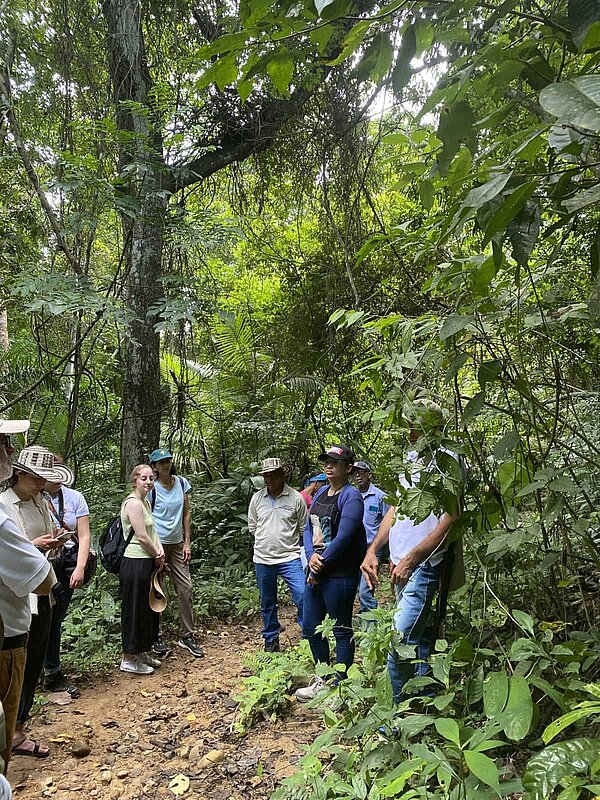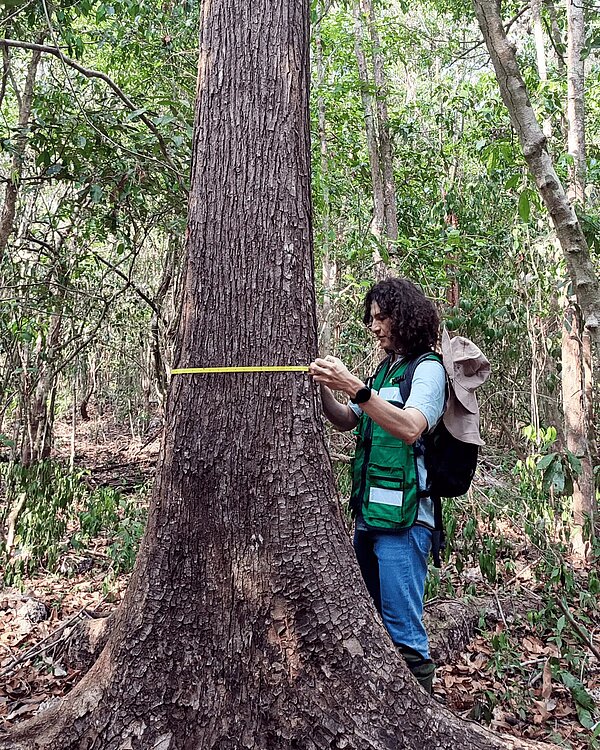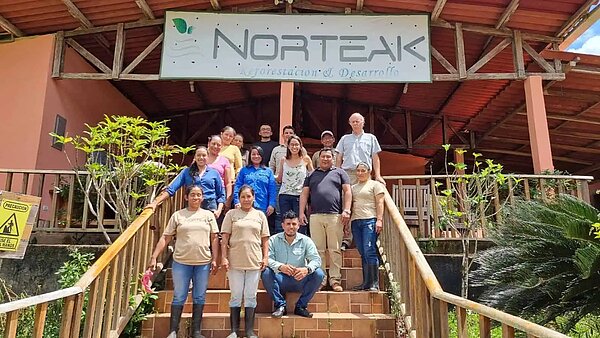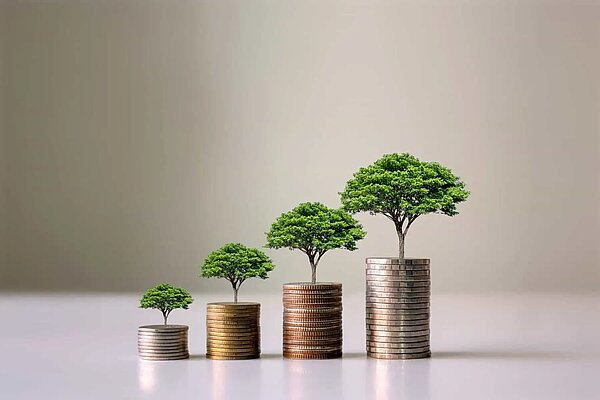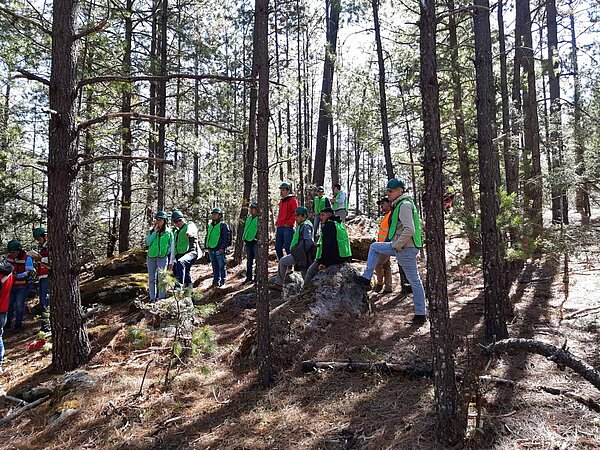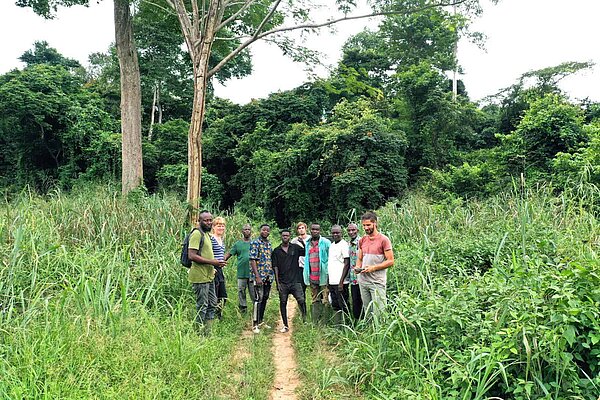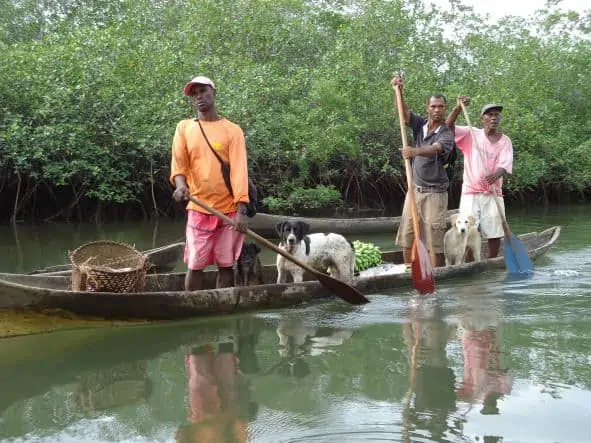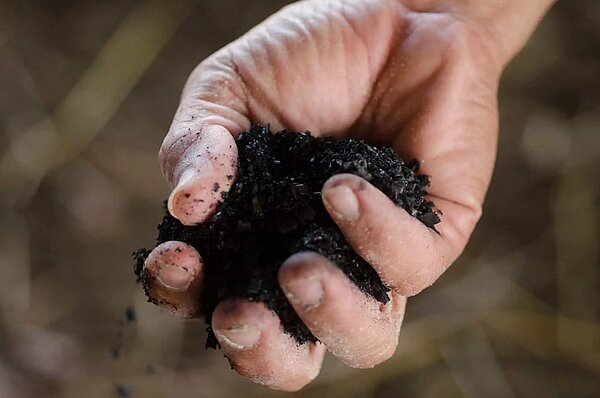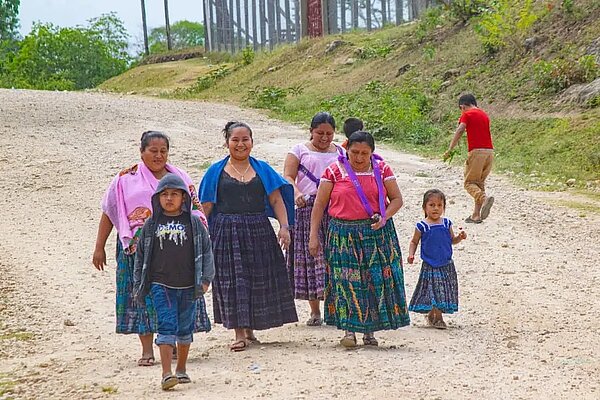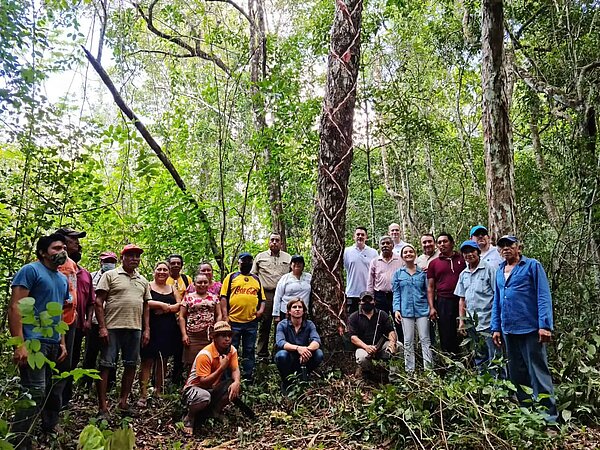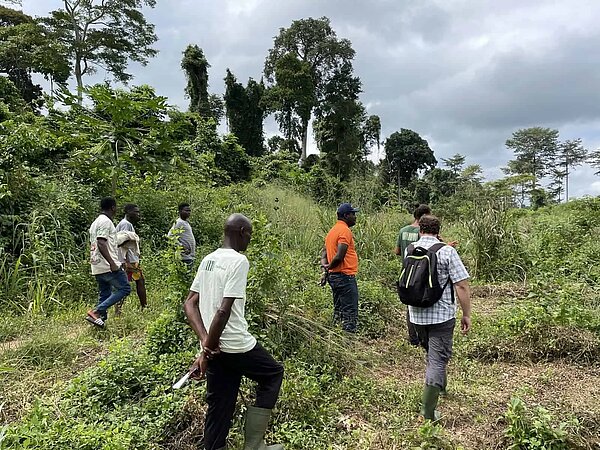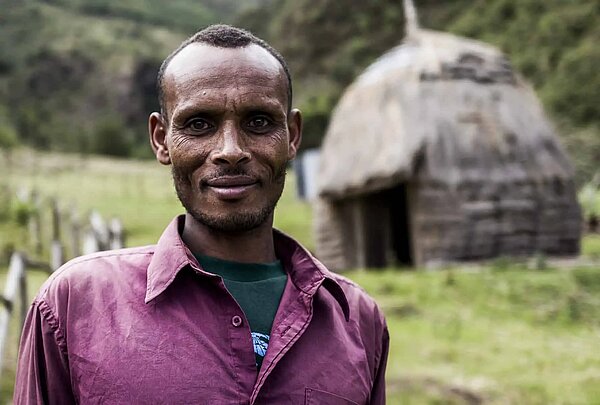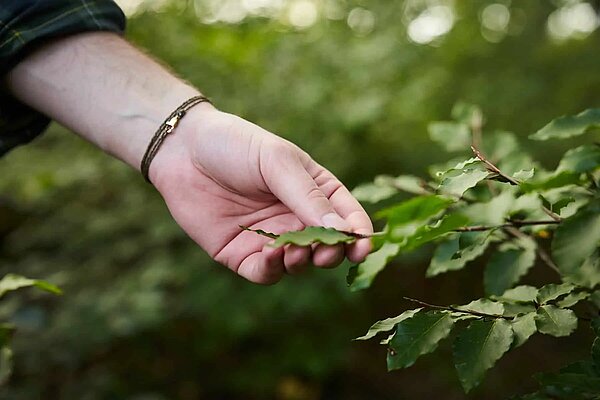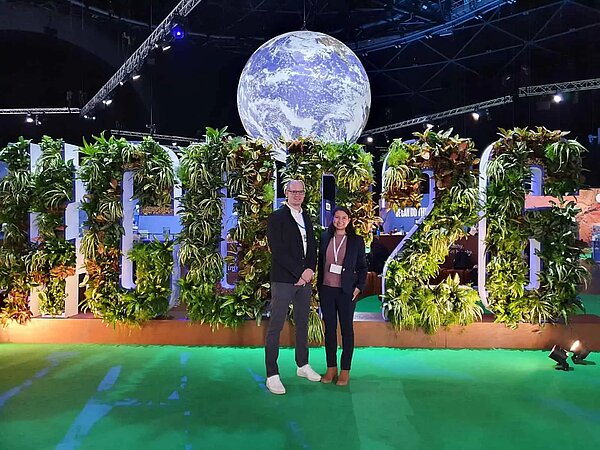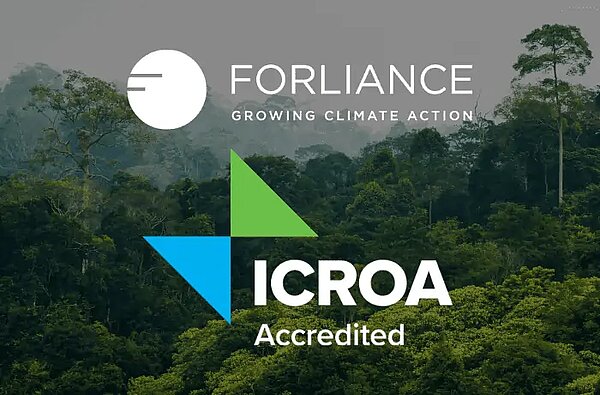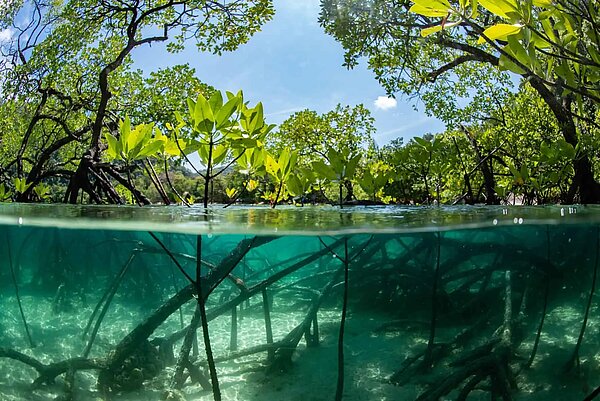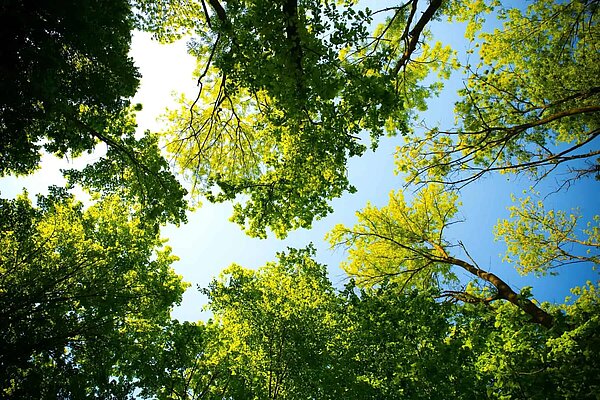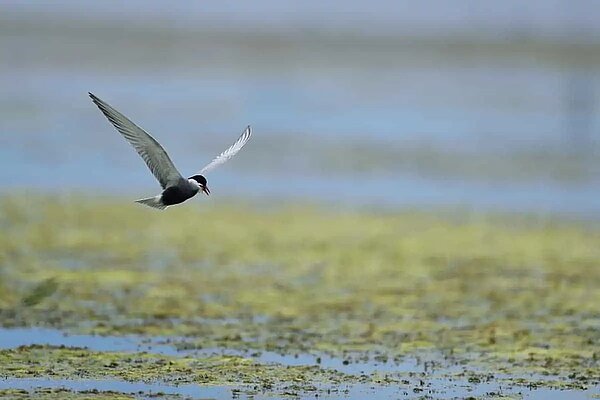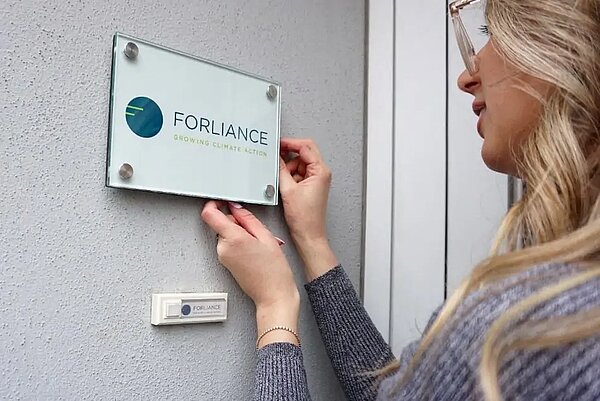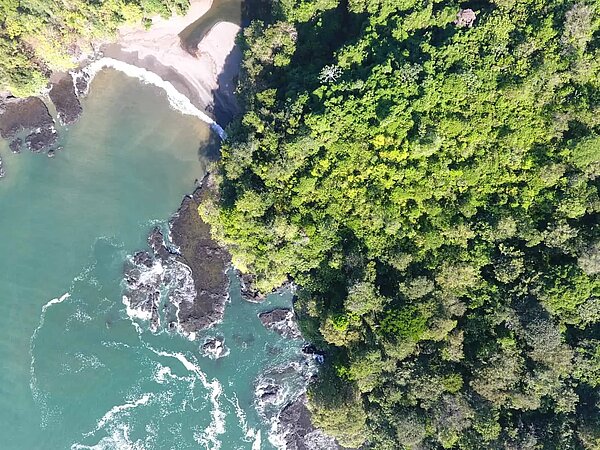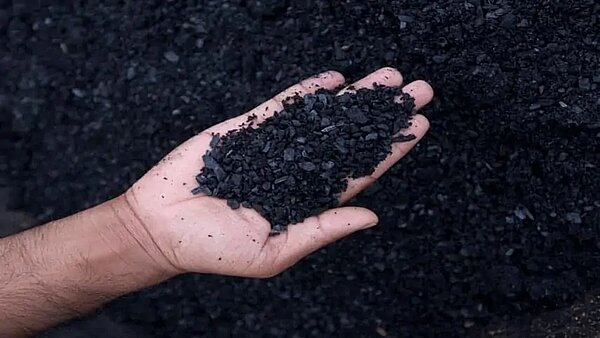Re-Spire launched its Carbon Sales
December 13, 2021
Project Updates
FORLIANCE and Salm – Salm & Partner’s joint venture Re-Spire is entering its next phase.
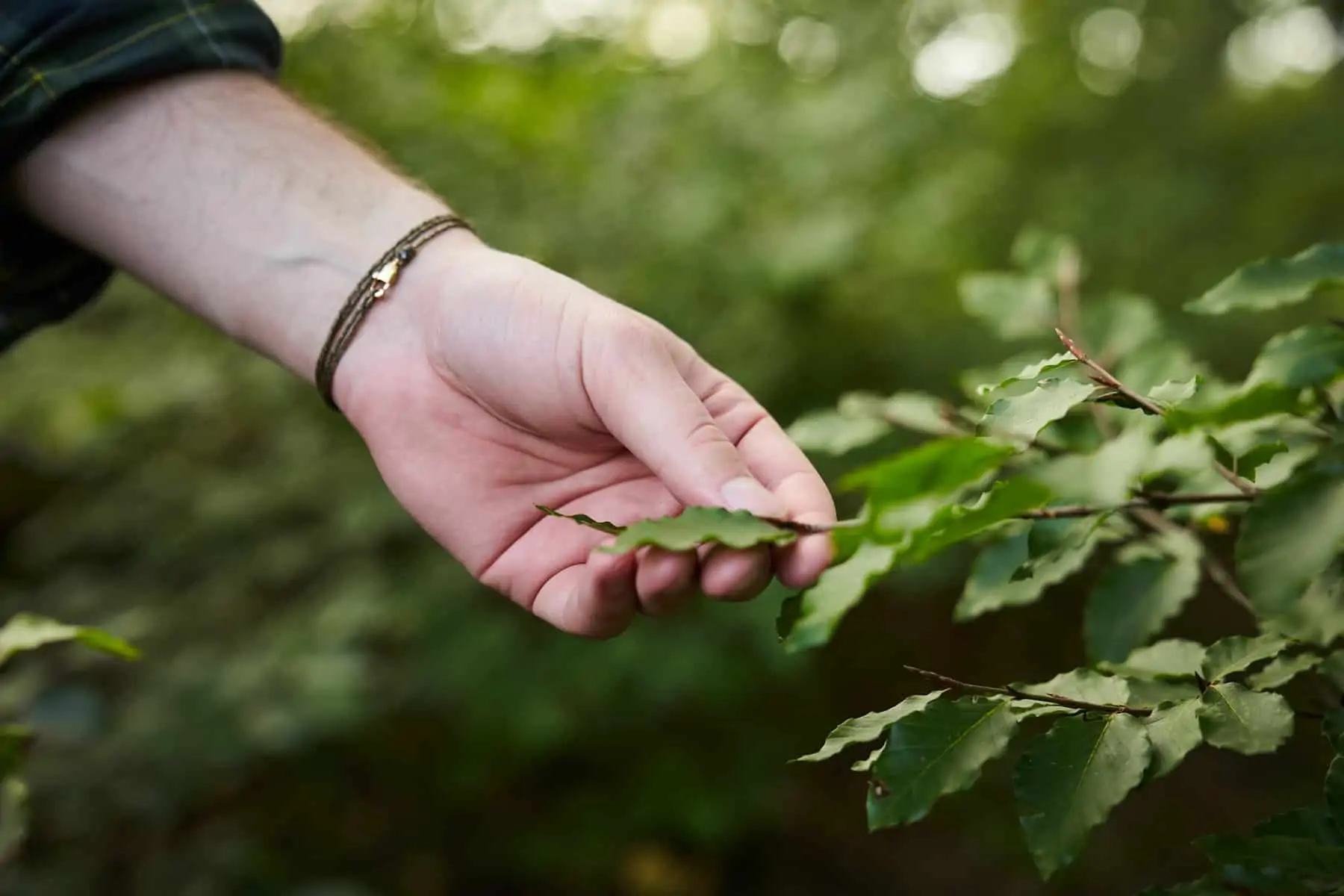
The Re-Spire Westerwald project is the very first forest carbon project in Germany that has been developed according to the recognized principles and criteria of the voluntary carbon market, and applying its proven instruments. This project offers the same quality and robustness as comparable offset projects from abroad. This way, Re-Spire enables companies in Germany to practice climate change mitigation at their doorstep without sacrificing the qualities of international carbon market standards.
Re-Spire recently launched its carbon sales. By combining Re-Spire Westerwald and partner project “Uchindile & Mapanda” in Tanzania, we created a new CliMates product that offers high-quality carbon credits. The combination of forest restoration in Germany with reforestation efforts in Tanzania gives companies the unique opportunity to enable rebuilding resilient forests in Germany while at the same time supporting people in developing countries who have to cope with the consequences of climate change today.
Uchindile & Mapanda Project in Tanzania:

The Uchindile & Mapanda project in Tanzania gives our clients the opportunity to support people in developing countries who have to cope with the consequences of climate change today.
The Uchindile & Mapanda project in Tanzania gives our clients the opportunity to support people in developing countries who have to cope with the consequences of climate change today.
This reforestation project in the southern highlands of Tanzania establishes pine and eucalyptus forests on formerly degraded grasslands, creating an increased carbon storage capacity on-site. Implementing sustainable management techniques promote forest regeneration while improving economic and social conditions of surrounding communities.
- Supporting local communities by providing secure jobs, building schools and health centers
- Preserving natural habitats for flora and fauna on 46 % of the project area
- Promoting gender equality through equal employment opportunities for women
- Training communities on biodiversity conservation, sustainable forest management, and forest fire risks
Westerwald Project in Germany:
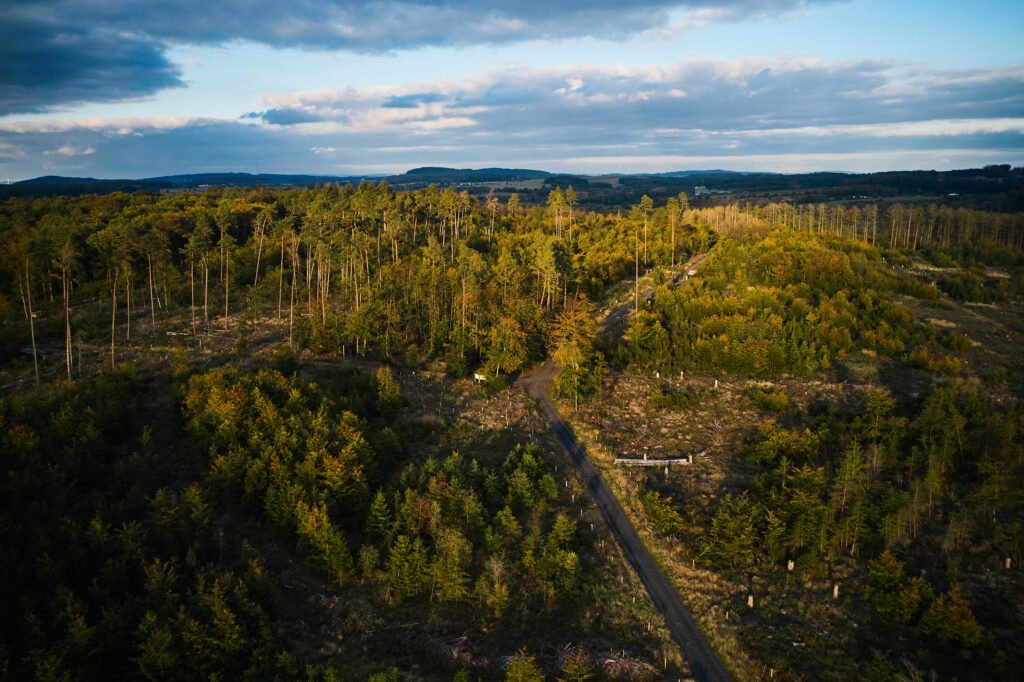
Re-Spire Westerwald is the very first forest carbon project in Germany that has been developed according to the recognized principles and criteria of the voluntary carbon market.
Located in the Palatinate part of Westerwald, a low mountain range east of the Rhine river, the project region has been massively damaged by storms, droughts and bark beetles since 2018. Through the establishment and long-term maintenance of climate tolerant tree species and an adapted wildlife management, it is being ensured that a climate-resilient mixed forest develops on these areas, storing carbon in the long run, providing habitat, recreational space, and enhancing biodiversity.
- Creating a diverse recreational area for the local population
- Establishing a high-quality habitat for greater biodiversity of flora and fauna
- Promoting the sustainable timber production as an environmentally friendly construction material
- Removing carbon dioxide from the atmosphere and long-term natural carbon storage
